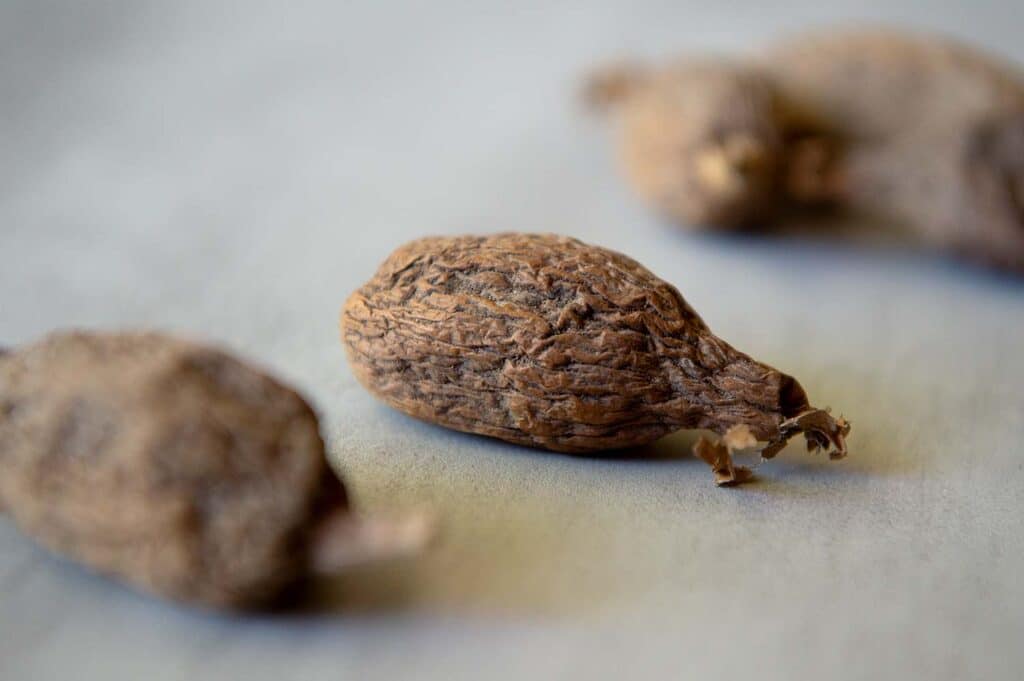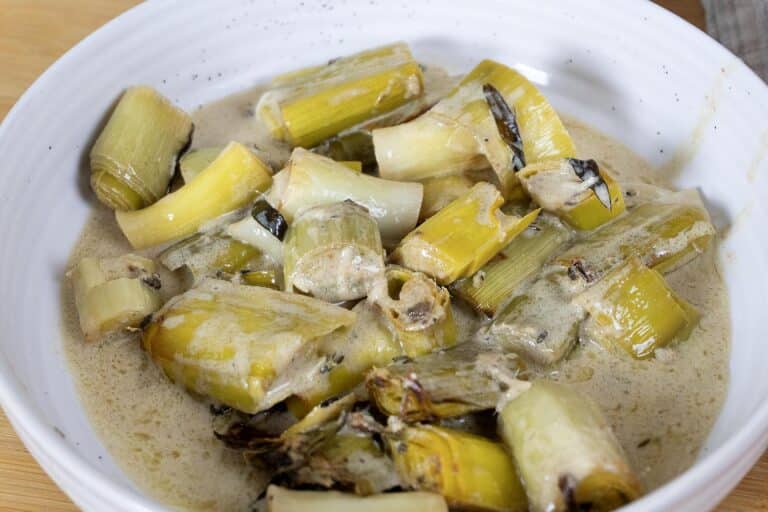What Is Alligator Pepper?

Alligator pepper, known scientifically as Aframomum melegueta, is a spice native to West Africa, particularly found in countries like Ghana, Nigeria, and Ivory Coast. It’s closely related to grains of paradise, cardamom, and ginger, belonging to the Zingiberaceae (ginger) family. The name “alligator pepper” comes from the seeds’ appearance, which resemble the bumpy skin of an alligator.
Culinary Uses
Alligator pepper is commonly used in West African cuisine, where it adds a unique, spicy flavor to dishes. It’s used both as a spice in cooking and as a seasoning for finished dishes. The flavor of alligator pepper is pungent and peppery, with hints of citrus and a slight numbing sensation similar to that of Sichuan peppercorns. In traditional settings, it’s often used in soups, stews, and other savory dishes, as well as in the making of certain traditional drinks and herbal medicines.
Traditional and Medicinal Uses
In addition to its culinary applications, alligator pepper is also valued for its medicinal properties. It’s traditionally used in African herbal medicine to treat a wide array of ailments, such as stomach issues, inflammation, and infections. It is believed to have antimicrobial, anti-inflammatory, and analgesic properties.
Alligator pepper is also significant in cultural rituals and ceremonies. In many parts of West Africa, it is used in naming ceremonies, weddings, and other traditional events. The spice is often presented as a symbol of hospitality and warmth or used in rites that are believed to ward off evil spirits or cleanse the soul.
Availability
Outside of Africa, alligator pepper can sometimes be found in specialty spice stores or shops that cater to African cuisines. It’s typically sold in whole form, as the seeds lose their potency quickly once ground.
Alligator pepper is a distinctive spice that not only enhances the flavor of food but also carries cultural significance and potential health benefits, making it a valued element in the culinary and traditional practices of West Africa.






